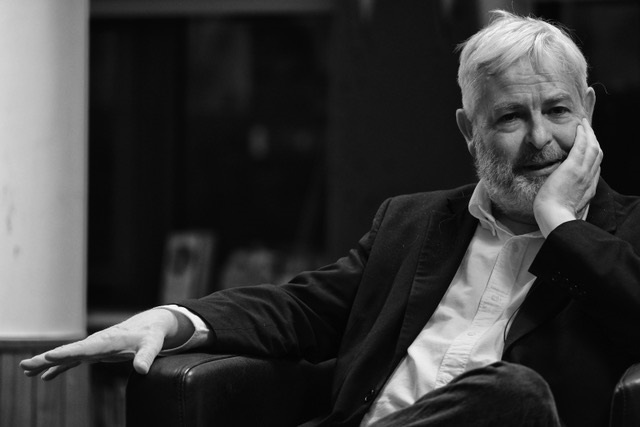 |
| photo: Josefina Melo |
Jonathan Coe was born in Birmingham, England, in 1961. His first novel published in the U.S. was The Winshaw Legacy (1995). Since then, he has alternated writing political, satirical novels with more personal fiction. His books mix comedy, melancholy and political engagement. Mr. Wilder and Me (Europa Editions, September 27, 2022), his 13th novel, is at once a tender coming-of-age story and an intimate portrait of one of cinema’s most intriguing figures.
Handsell readers your book in 25 words or less:
A loving homage to Billy Wilder, focused on his later years, which has been brewing inside my head for almost four decades now.
On your nightstand now:
Two new novels, one by Ian McEwan (Lessons) and one by James Kelman (God's Teeth and Other Phenomena). Very different writers, very different books. Pretty disorienting reading them side by side.
Favorite book when you were a child:
Jennings Goes to School by Anthony Buckeridge. Almost unknown in the United States, the British writer Buckeridge was immensely popular in Europe in the 1960s. His series of books featuring the schoolboy characters Jennings and Darbishire are classic stories of English public boarding school life. But they are also sparkling comedies, featuring verbal humour and digressions into absurdity, which are almost worthy of Wodehouse. I adored his books as a child, and they were a major influence on my own style.
Your top five authors:
Henry Fielding: I fell in love with his work when my English teacher at school mistakenly told us that Joseph Andrews was going to be an exam set text and made us all read it over the holidays. When we came back to school next term, he sheepishly told us that it should have been Emma by Jane Austen instead. Everyone else was furious, but I was delighted to have been introduced to a writer of such humour and generosity of spirit.
Rosamond Lehmann: I am fascinated by her small body of work, novels that are all great love stories but also much more than that. Perfect evocations of their era, rich in texture and visual description and progressively more anguished in their confrontation of great issues, such as the inexorable passing of time and the fragility of memory.
B.S. Johnson: A working-class, experimental novelist from London in the 1960s. Twenty years ago I wrote a long biography of Johnson, partly to cure myself of my obsession with him, but that didn't work: I remain captivated and engrossed by his wry, angry, funny, humane attempts to write only from personal experience and to memorialise his own life on the page. His novel The Unfortunates (27 chapters presented unbound in a box, to be shuffled and read in any order the reader chooses) is a masterpiece.
Alasdair Gray: The greatest of modern Scottish novelists. Like B.S. Johnson, he combines humour, political engagement and experimentalism, often on an epic scale and never in a way that is difficult to read. Start with Lanark or 1982, Janine.
Flann O'Brien: The novelistic pseudonym of Brian O'Nolan, to my mind the funniest writer of all time. Certainly one of the most inventive and most intelligent. His brilliant career began with At Swim-Two-Birds and The Poor Mouth and then came to a halt when The Third Policeman, his absurdist classic, was rejected by his publisher. One of the 20th-century publishing world's stupidest and most disastrous decisions. After that, O'Nolan took to drink and to comic journalism--for which he also had a genius. But those first three novels are his towering achievement.
Book you've faked reading:
I'm not aware of ever having done this. What would be the point? Who would you be faking for? If you're not enjoying a book, throw it.
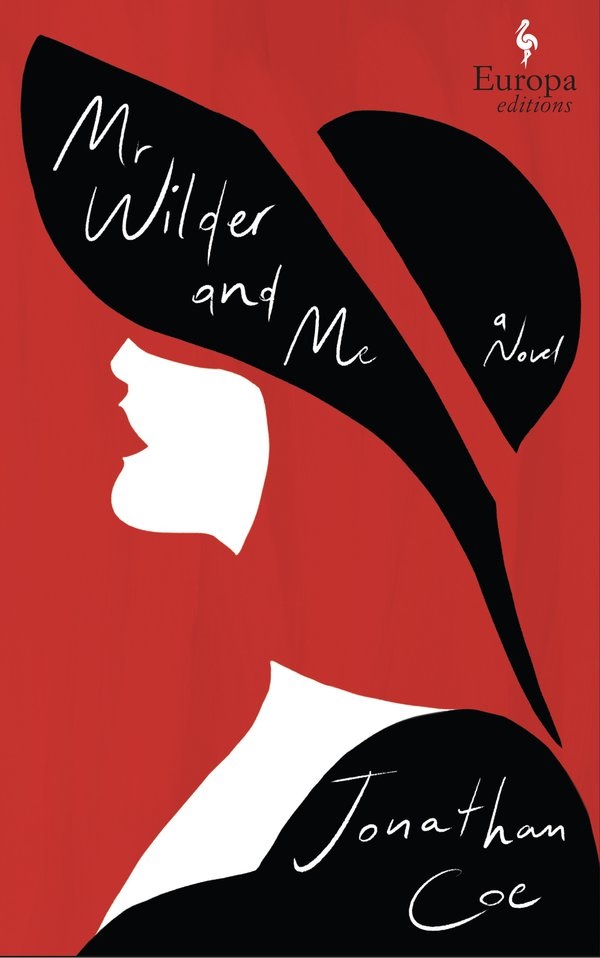 Book you're an evangelist for:
Book you're an evangelist for:
The Fall and Rise of Reginald Perrin by David Nobbs. A tragicomic 1970s satire on suburban conformity. Think Monty Python meets John Updike.
Book you've bought for the cover:
I don't think I've ever bought a book just for the cover, but I remember being scandalized by the cover for the novelization of Billy Wilder's Private Life of Sherlock Holmes in the '70s. It juxtaposed Holmes with a semi-naked woman, which deeply offended my youthful puritan sensibilities.
Book you hid from your parents:
Ulysses by James Joyce for two reasons: my father was prejudiced against all things Irish, and my mother thought it was a dirty book.
Book that changed your life:
Catch-22 by Joseph Heller, which made me understand that a book could be serious and hilarious at the same time.
Favorite line from a book:
From Jonathan Swift's Gulliver's Travels, the King of Brobdingnag's verdict on humankind: "I cannot but conclude the Bulk of your Natives, to be the most pernicious Race of little odious Vermin that Nature ever suffered to crawl upon the Surface of the Earth." Harsh--but fair.
Five books you'll never part with:
Journey Down Sunset Boulevard by Neil Sinyard and Adrian Turner. One of the earliest and best critical books about Billy Wilder. Would probably be hard to find a replacement now if I lost my copy.
The Pilgrimage novels by Dorothy Richardson. I love the way my green-spined paperback Virago edition, circa 1980s, of this 13-volume novel sequence looks on my bookshelf.
The Wonderful Travels by Jules Verne. A lovely, one-volume translation of Around the World in Eighty Days, Five Weeks in a Balloon and Journey to the Centre of the Earth, which I treasure not just for the text and illustrations but the inscription to my grandfather, Frank, who won it as a school prize in 1908.
The Remains of the Day by Kazuo Ishiguro. My prized first edition of one of the finest British novels of the last 50 years.
Understanding Jonathan Coe by Merritt Moseley. A book-length study of my novels, which I hope one day to find the courage to read--to see if it helps me to understand myself at all.
Book you most want to read again for the first time:
It's by no means my favourite anymore, but I would love to somehow recapture the pristine excitement of diving into Tolkien's The Lord of the Rings novels at the age of 11. Or maybe just be 11 again.
 In the third quarter ended September 30, net sales at Amazon rose 14.7%, to $127.1 billion while net income fell 9%, to $2.9 billion. The strong dollar hurt Amazon: if unfavorable exchange rates were omitted, Amazon's net sales would have increased 19% in the third quarter. Still, it was Amazon's first profitable quarter of the year.
In the third quarter ended September 30, net sales at Amazon rose 14.7%, to $127.1 billion while net income fell 9%, to $2.9 billion. The strong dollar hurt Amazon: if unfavorable exchange rates were omitted, Amazon's net sales would have increased 19% in the third quarter. Still, it was Amazon's first profitable quarter of the year.






BINC.0711.T2.HARRISANDBARNETTCAMPAIGN.jpg)
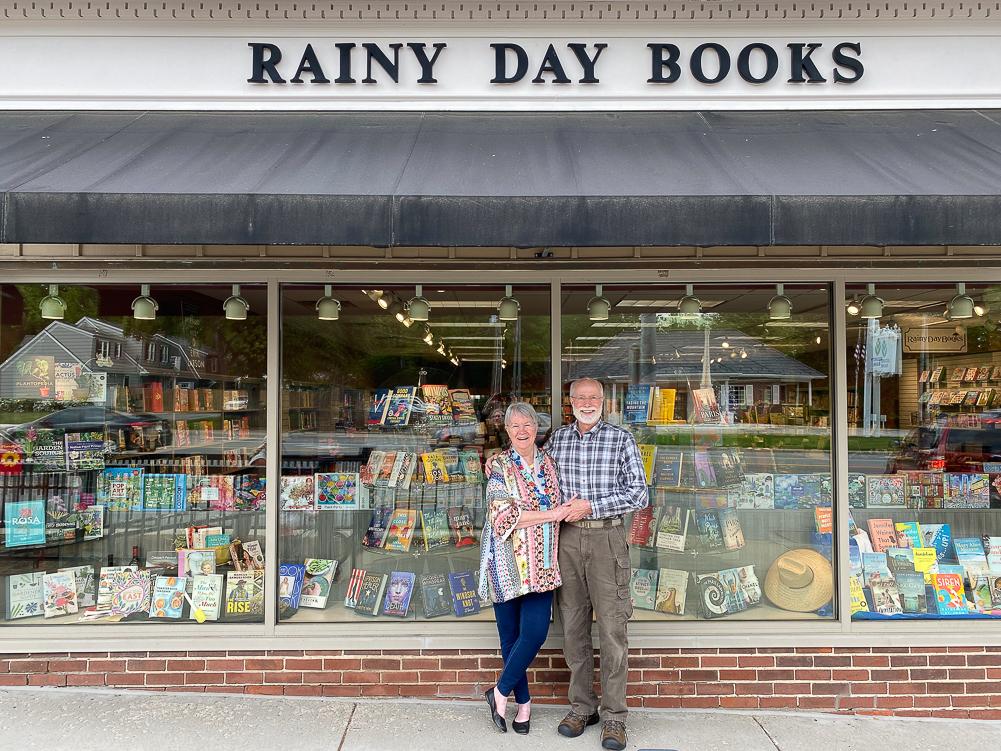

 At the Publishing Perspectives' Cost of Doing Business in 2022 panel last week at the Frankfurt Book Fair, moderated by Erin Cox, David Taylor, senior v-p, content acquisition, international at Ingram Content Group, provided a broad view of international business from Ingram's point of view (noting that it's a wholesaler, distributor and POD company with operations in most parts of the world).
At the Publishing Perspectives' Cost of Doing Business in 2022 panel last week at the Frankfurt Book Fair, moderated by Erin Cox, David Taylor, senior v-p, content acquisition, international at Ingram Content Group, provided a broad view of international business from Ingram's point of view (noting that it's a wholesaler, distributor and POD company with operations in most parts of the world).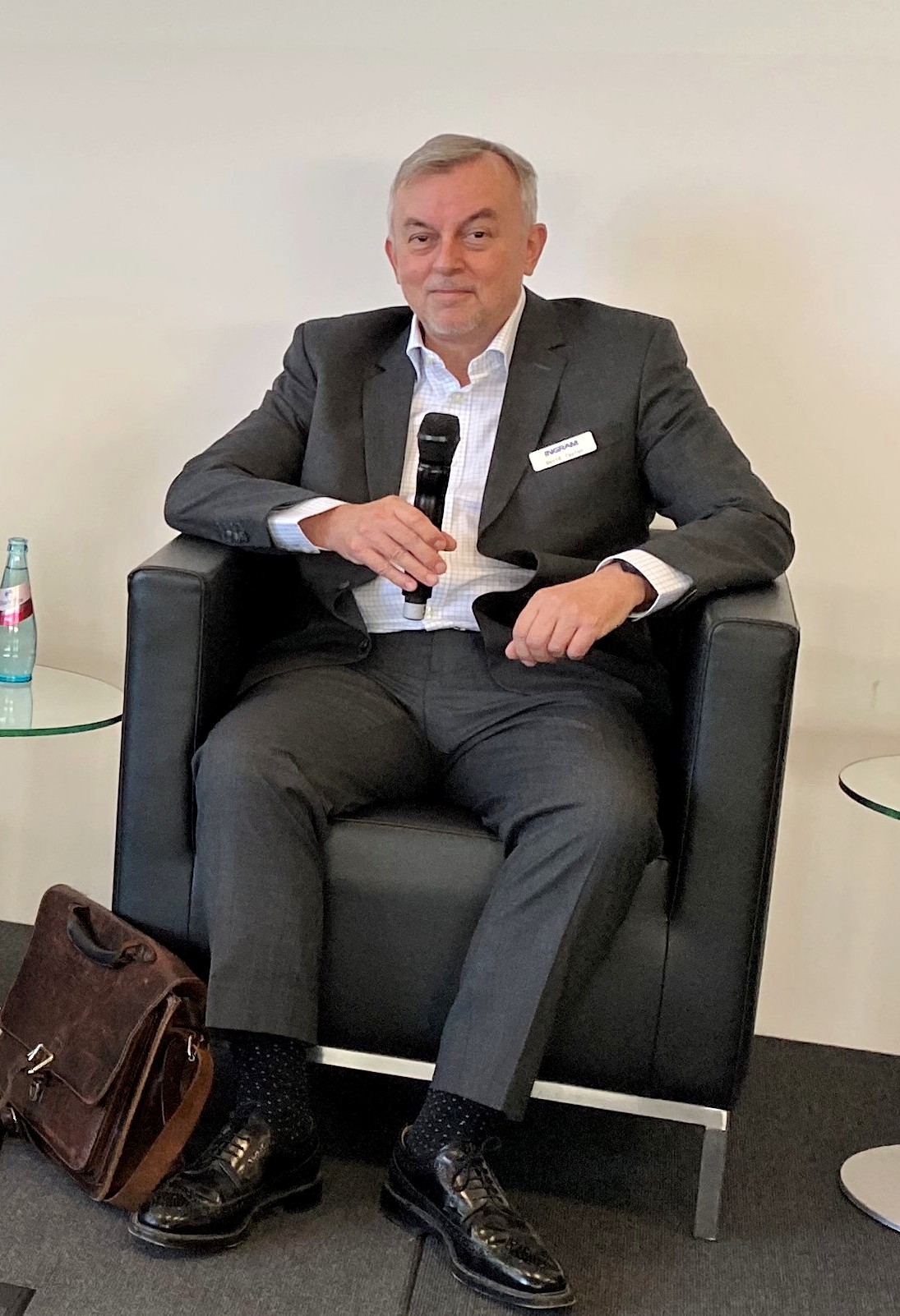
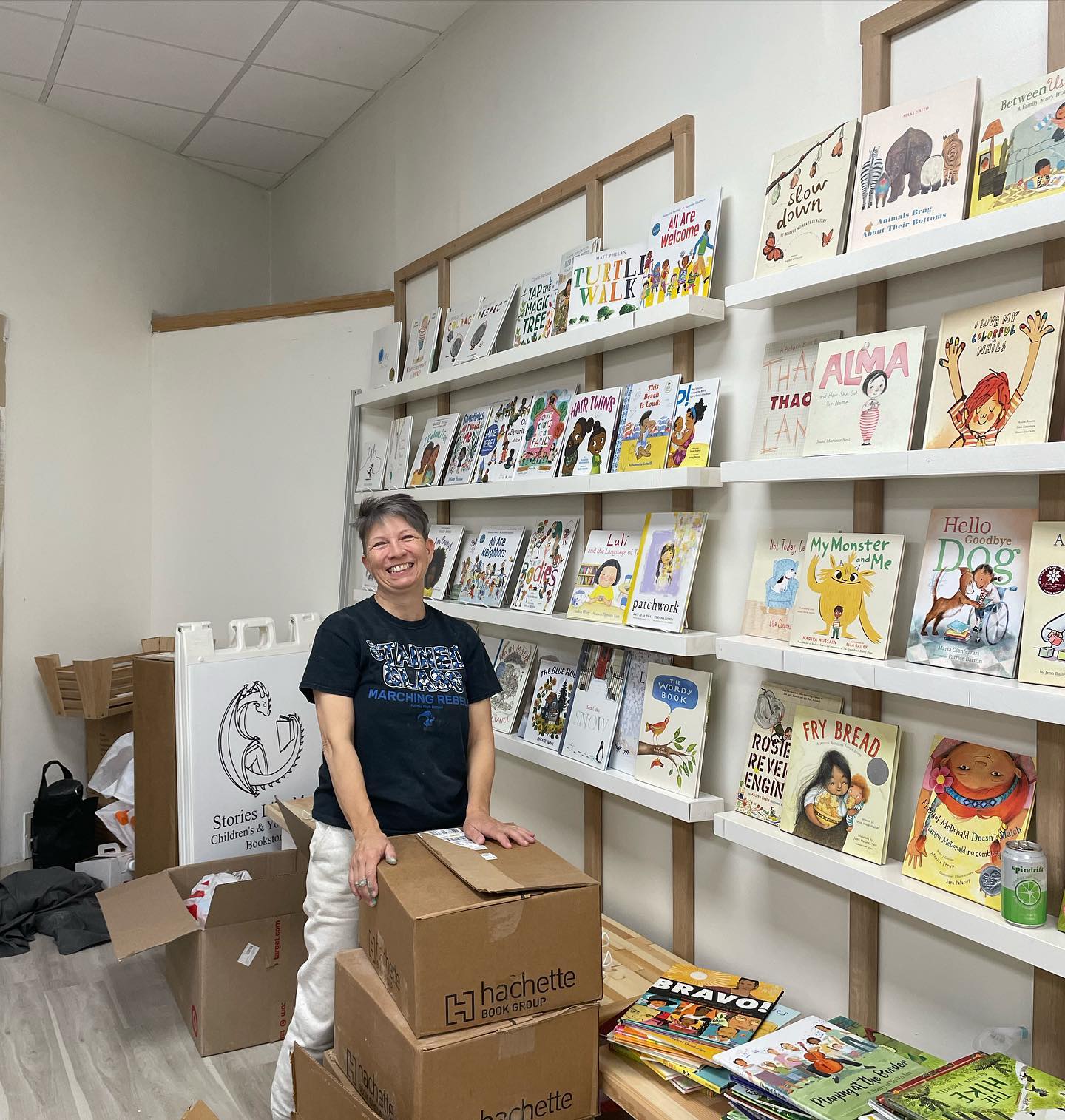
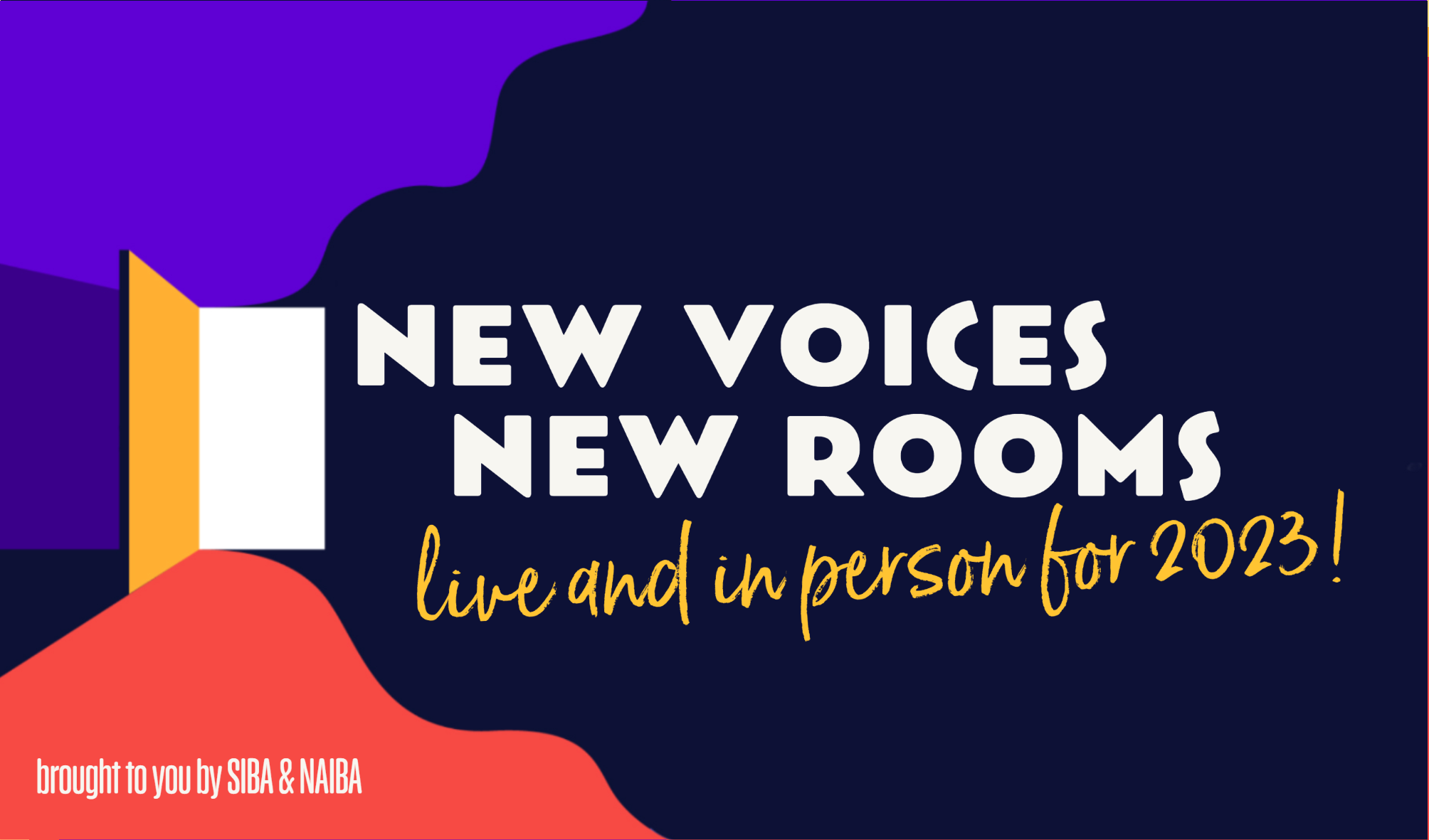
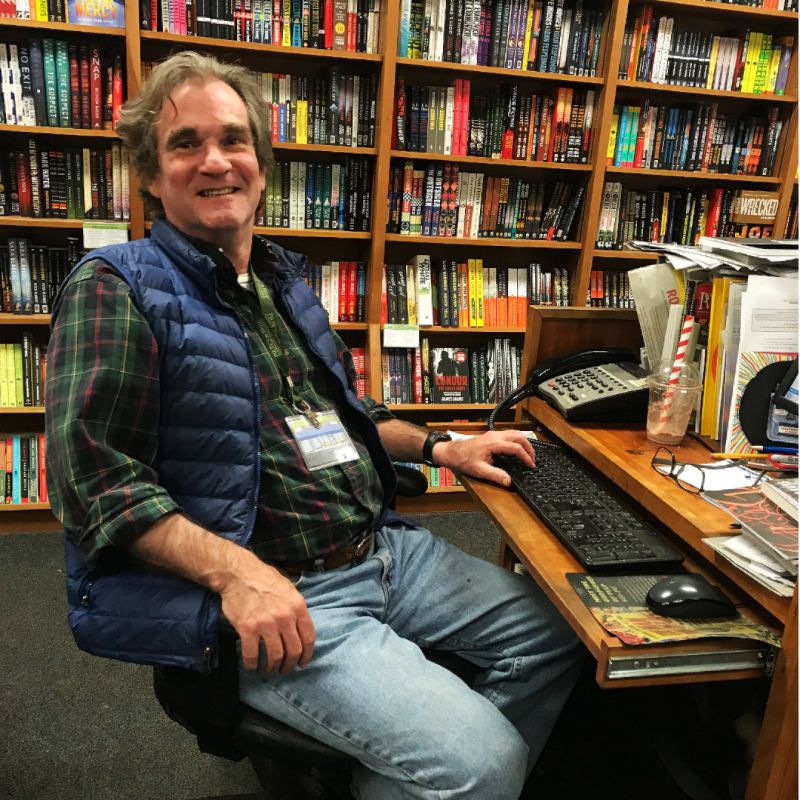
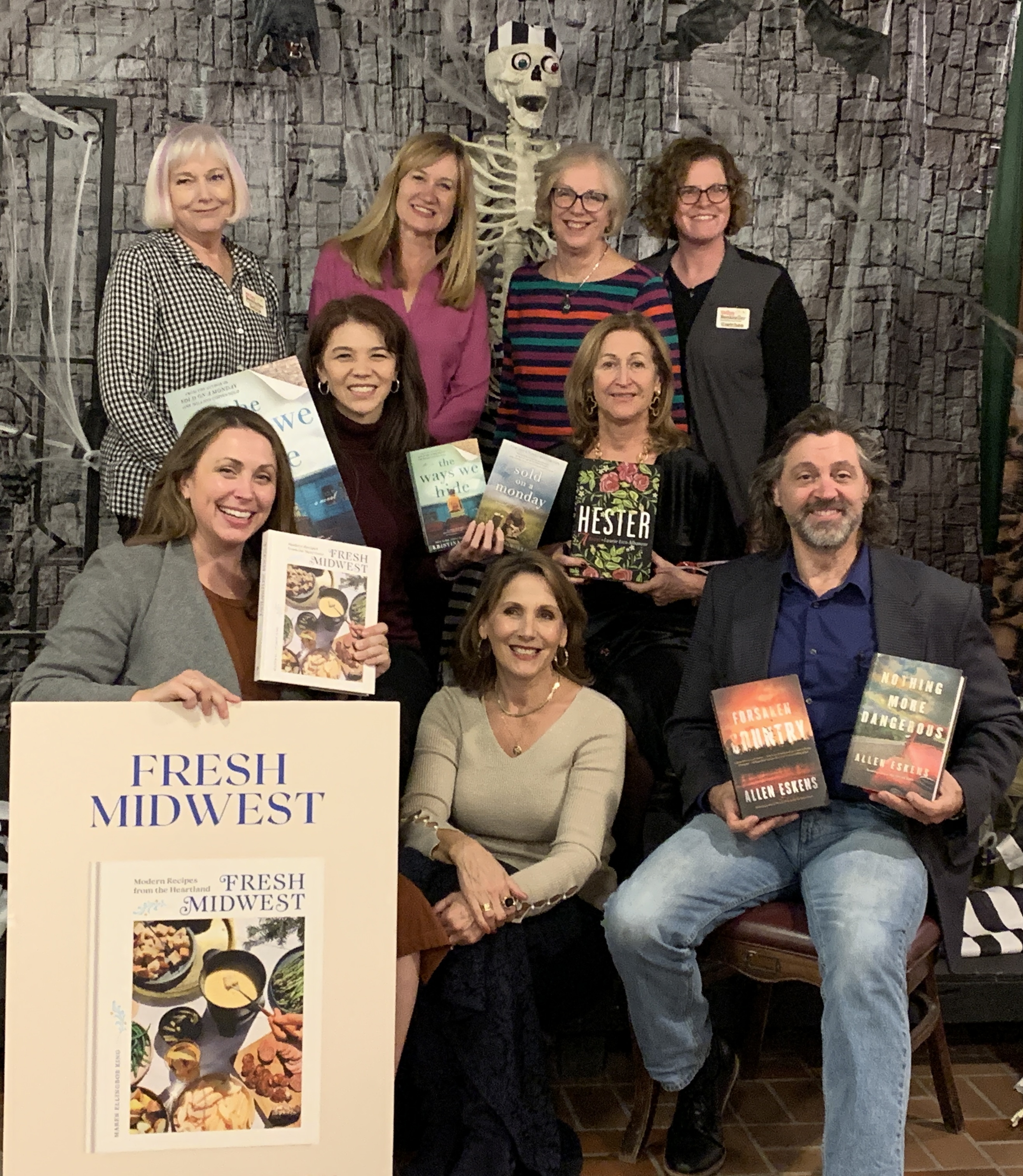 On Wednesday,
On Wednesday, 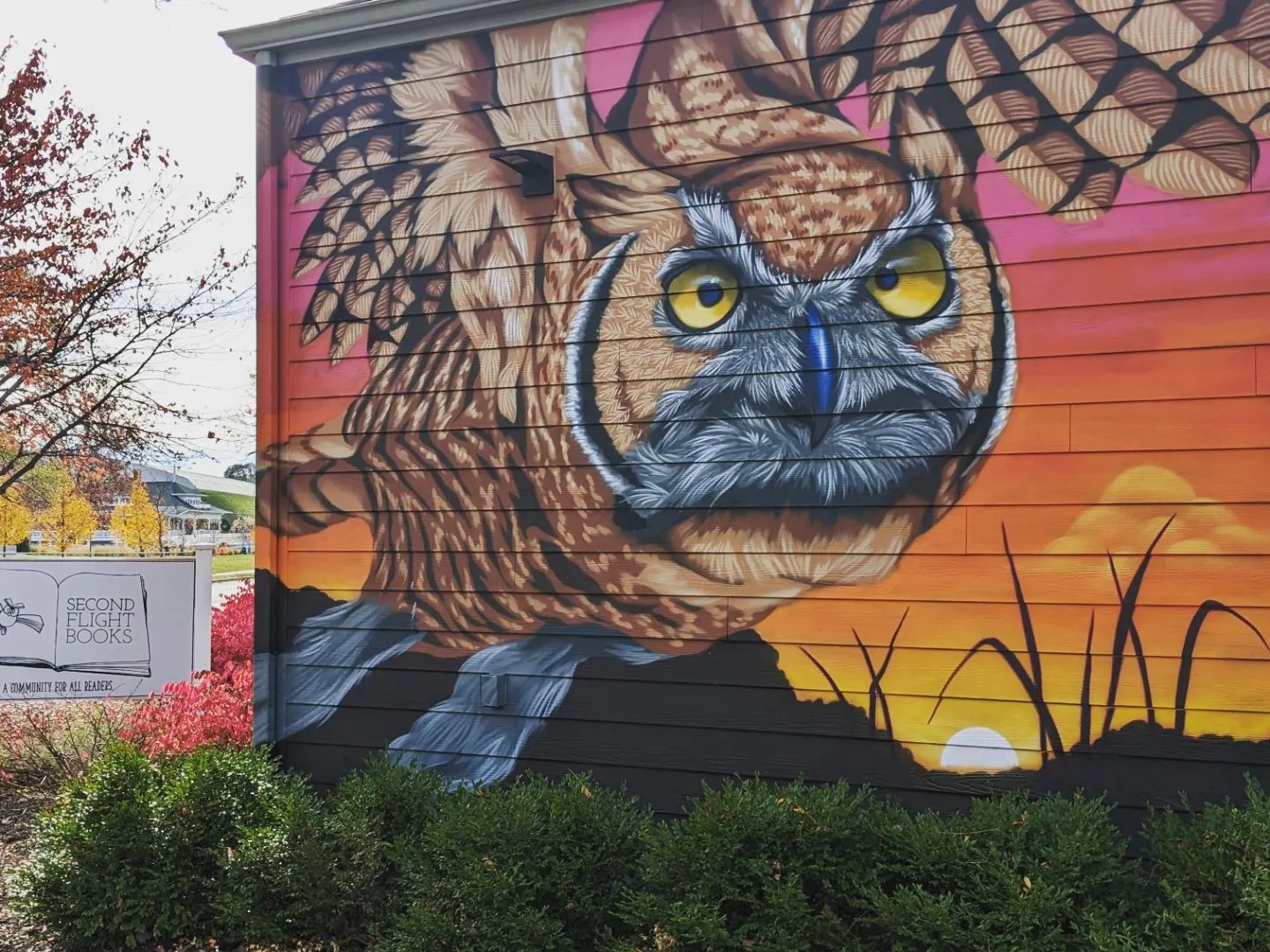
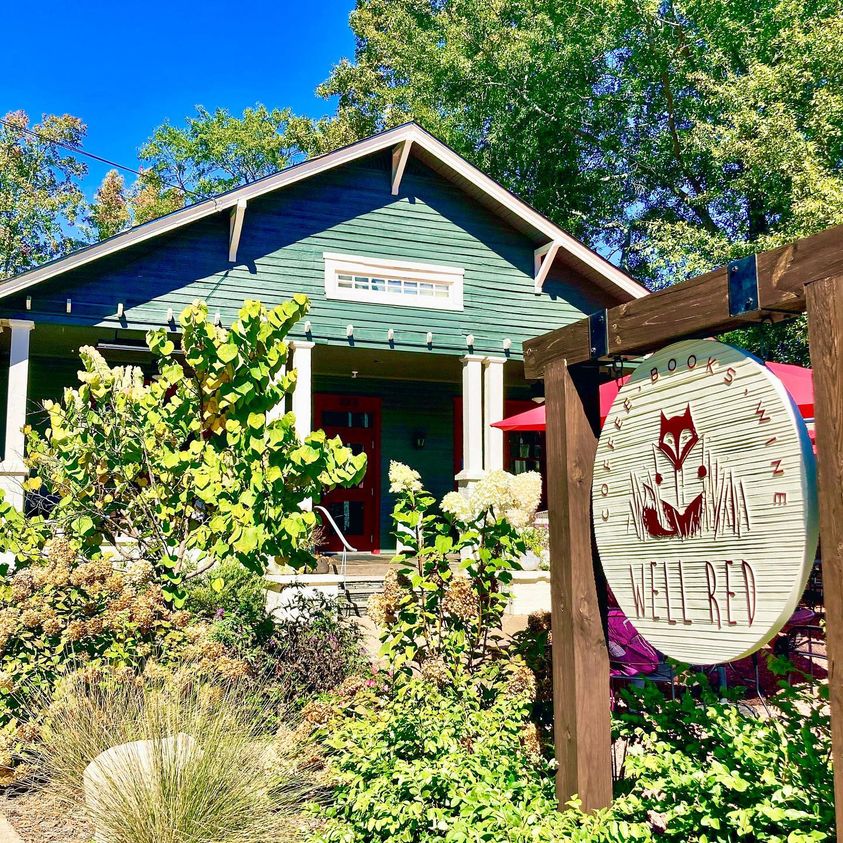 Posted on Facebook yesterday by
Posted on Facebook yesterday by 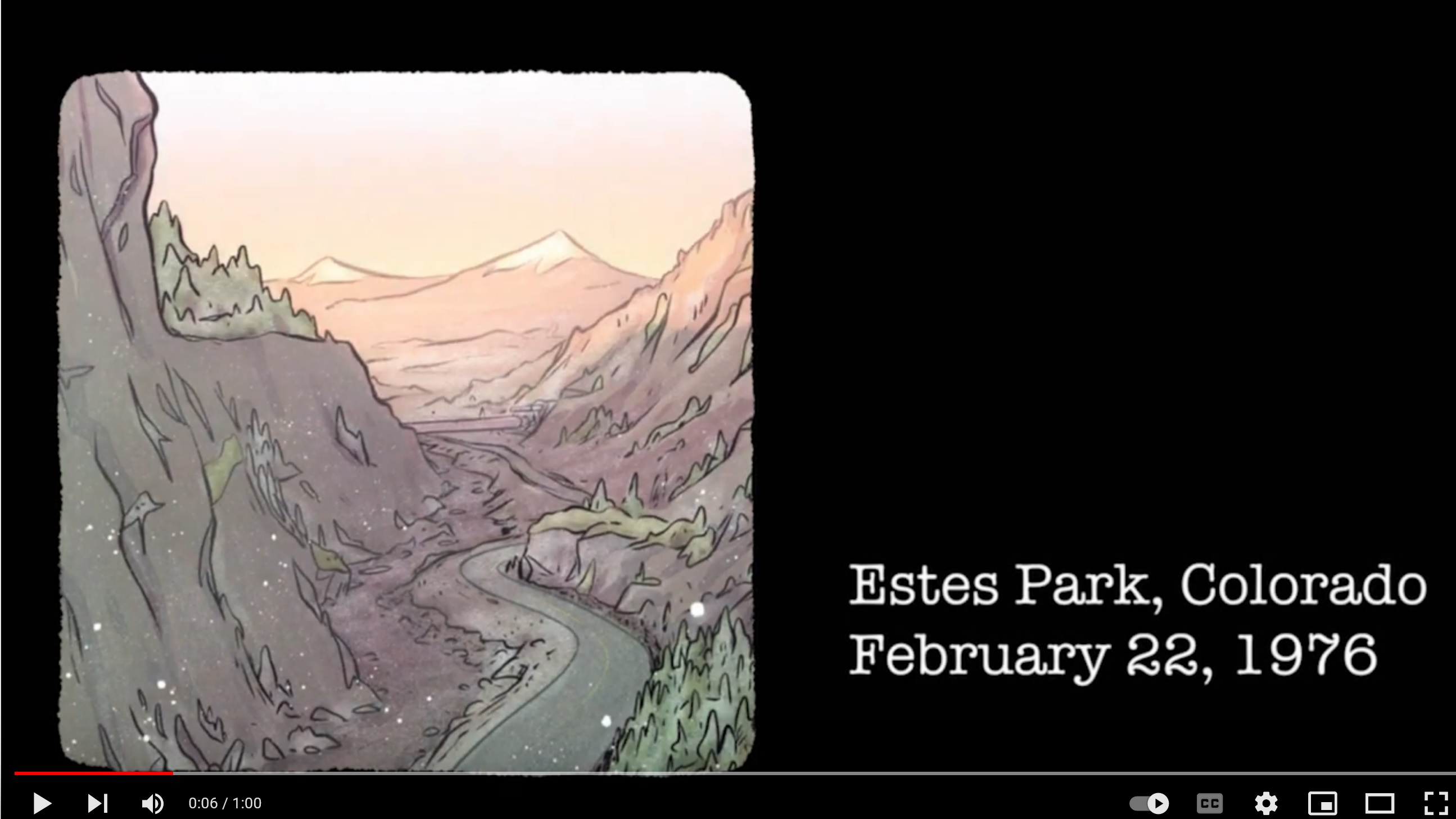 Spirit Week
Spirit Week
 Book you're an evangelist for:
Book you're an evangelist for: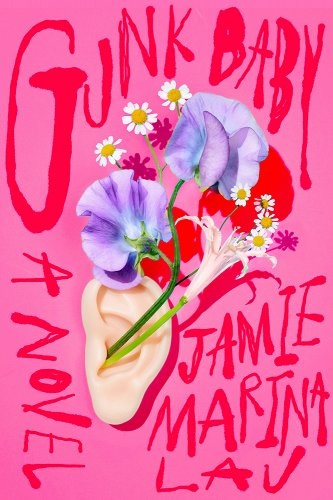 Melbourne author Jamie Marina Lau was the same age as her 24-year-old protagonist when Gunk Baby, her second novel, was published in Australia in 2021. Following the success of Lau's 2018 debut, Pink Mountain on Locust Island, which was shortlisted for Australia's Stella Prize, Gunk Baby arrives Stateside with numerous Australian and British lauds already attached. The novel may be a foreign import, but its diverse cast of malaise-ridden, mostly 20-something young adults navigating the consumer-targeted geographies of shopping centers and aspirational, exclusive residential enclaves will feel all too familiar to North American readers.
Melbourne author Jamie Marina Lau was the same age as her 24-year-old protagonist when Gunk Baby, her second novel, was published in Australia in 2021. Following the success of Lau's 2018 debut, Pink Mountain on Locust Island, which was shortlisted for Australia's Stella Prize, Gunk Baby arrives Stateside with numerous Australian and British lauds already attached. The novel may be a foreign import, but its diverse cast of malaise-ridden, mostly 20-something young adults navigating the consumer-targeted geographies of shopping centers and aspirational, exclusive residential enclaves will feel all too familiar to North American readers.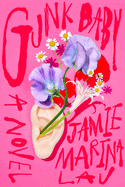
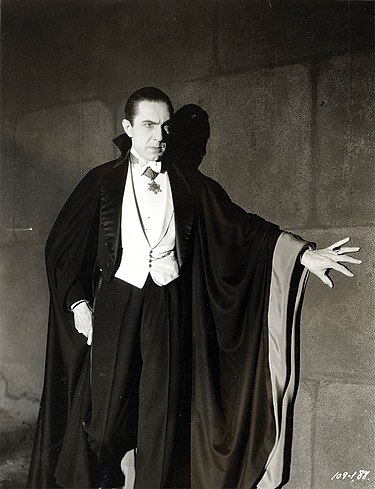 Readers can be scary, too. Take Count Dracula, in his library, sharing his love of reading with a guest, Jonathan Harker (via Bram Stoker):
Readers can be scary, too. Take Count Dracula, in his library, sharing his love of reading with a guest, Jonathan Harker (via Bram Stoker):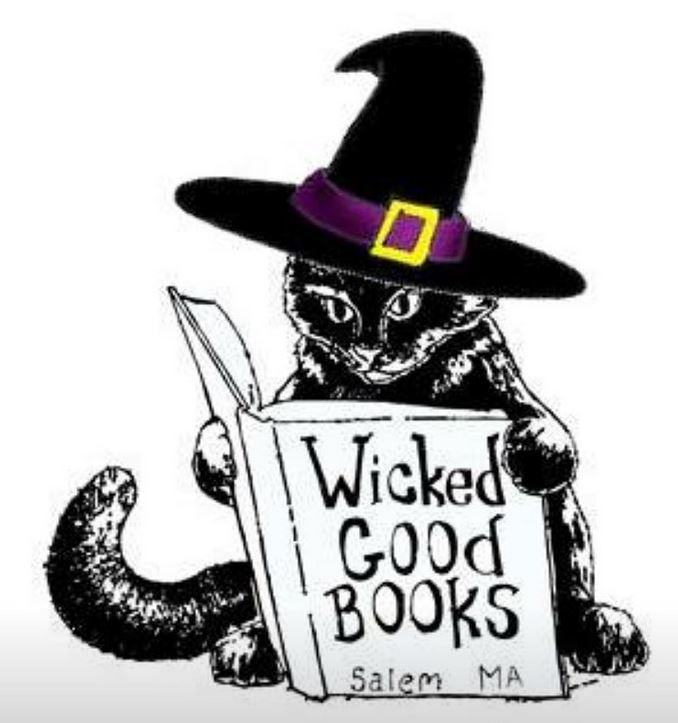 Wait, that's scary, too. Let's return to safer Halloween territory: ghosts, witches and skeletons. My social media feed has been haunted for a couple of weeks now by indie bookstore posts anticipating the big night Monday, including a "sign o' the times" from
Wait, that's scary, too. Let's return to safer Halloween territory: ghosts, witches and skeletons. My social media feed has been haunted for a couple of weeks now by indie bookstore posts anticipating the big night Monday, including a "sign o' the times" from 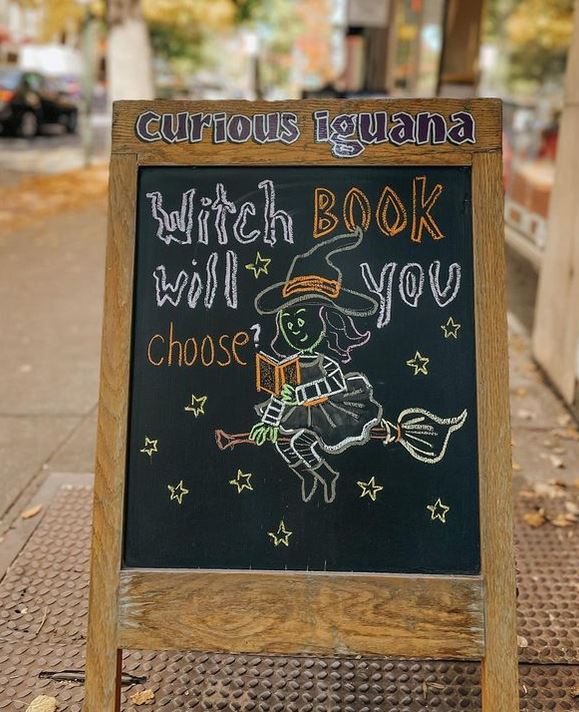 Speaking of signs, sidewalk chalkboards have also been scary reads this month outside indie bookstores like
Speaking of signs, sidewalk chalkboards have also been scary reads this month outside indie bookstores like 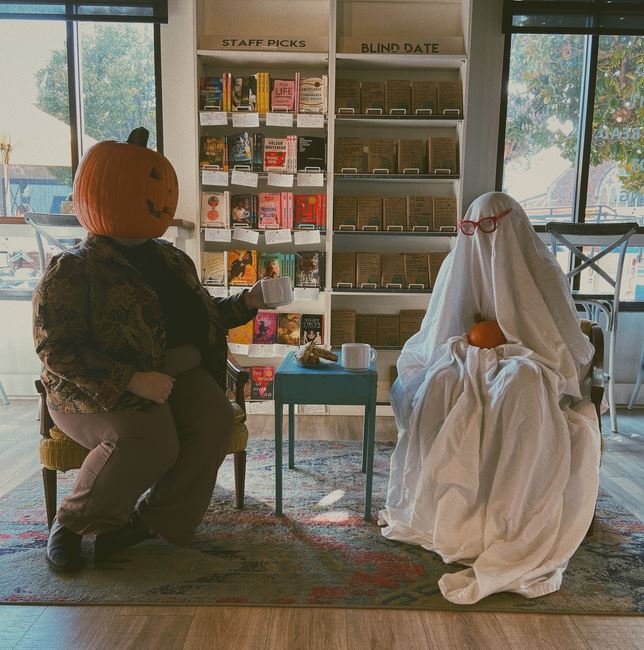 Auburn Oil Co. Booksellers
Auburn Oil Co. Booksellers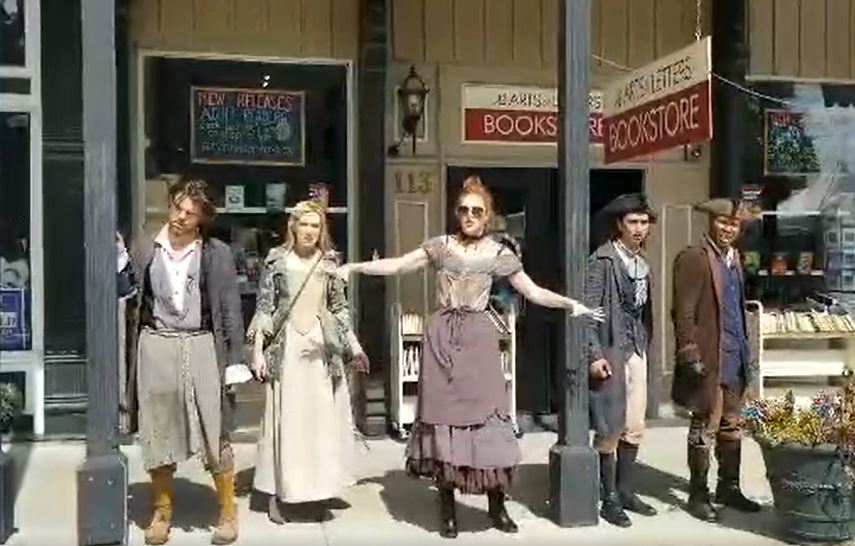 Arts & Letters Bookstore
Arts & Letters Bookstore